#Portuguese Colonization
Text





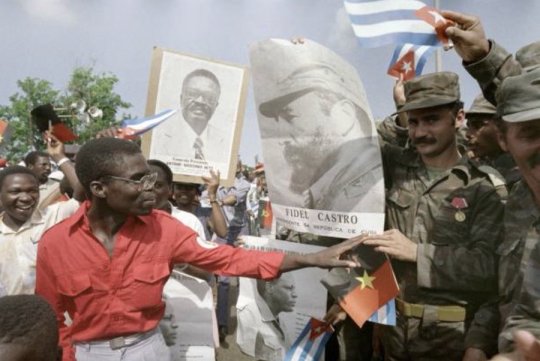

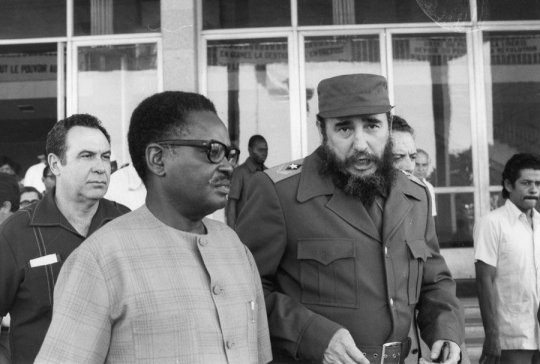

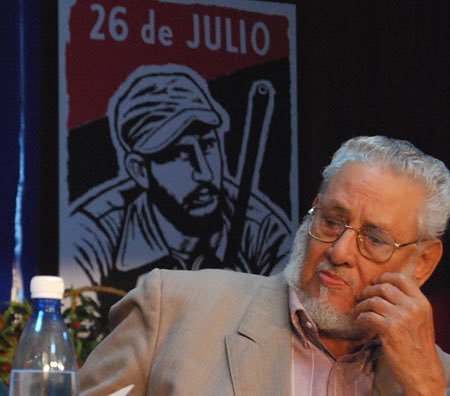
1.On this day in 1975, Cuba began Operation Carlota, its most important military internationalist mission in Africa. It was a major undertaking that contributed to the defeat of the apartheid military regime in South Africa & the independence of Angola & Namibia. More of the story:
2.Across Africa, Cuba provided military instructors & doctors, helping rebels gain their independence from Europeans. After the Portuguese dictatorship fell in 1974 & Portugal prepared to grant Angola independence on Nov. 11, 1975, three local movements fought to take power.
3.The largest rebel group with most popular support was the People’s Movement for the Liberation of Angola (MPLA). They were providing critical training & safe haven to other national liberation forces like the ANC (South Africa), SWAPO (Namibia), and FRELIMO (Mozambique).
4.In early November, the Apartheid South African Army was advancing 45 miles per day toward the capital Luanda. South Africa’s invasion endangered not only Angola’s revolution, but the struggle for liberation throughout the continent.
5.The racists wanted to install a puppet regime led by CIA collaborator Jonas Savimbi who would be ok with white rule in South The MPLA leaders, then understood that only an urgent appeal for international solidarity would enable them to fight of this invasion & secure independence.
6.The Angolans had one unlikely country they could turn to: Cuba. They had already provided military instructors to assist the MPLA. The answer came less than 48 hours later on Nov. 5. Yes. Fidel Castro & the Communist Party of Cuba reached its decision without thinking twice.
7.On another Nov 5 in 1843, a slave called Black Carlota, working on the Triunvirato plantation in the Matanzas region, took up her machete in a slave rebellion in which she lost her life. It was in homage to her that the solidarity action in Angola bore her name: Operation Carlota.
8.On Nov. 7, the first 82 soldiers, carrying light artillery, left to Angola. Over the coming weeks more than 10,000 Cuban troops would land in Angola. More than a decade later, at the end of apartheid, there would be as many as 36,000 troops fighting against the apartheid forces.
9.By the end of 1975, Cuban troops had routed the apartheid army & prevented their takeover of the country. The world owes Cuba and these internationalist soldiers a huge debt.
10.Cuban negotiator, Jorge Risquet and the defence of Cuito Cunavale.
SOURCE: Manolo De Los Santos@ manolo_realengo
#African Liberation#Angola#Cuban Revolution#Imperialism#Apartheid#South Africa#Operación Carlota#Revolutionary History#MPLA#African rebels#Revolutionary African Women#SWAPO#ANC#FRELIMO#Portuguese Colonization
51 notes
·
View notes
Text

La Amistad, 1839 by unknown
This 1839 oil painting of La Amistad shows the ship off Long Island, New York, next to the USS Washington.
The Portuguese were the first and the last to partake in the Transatlantic Slave Trade. The Spanish were also major transatlantic slavers and committed a genocide of the Native Cuban peoples when they colonized Cuba.
The Spanish empire enslaved people of African origin and they often depended on others to obtain enslaved Africans and transport them across the Atlantic. Spanish colonies were major recipients of enslaved Africans, with around 22% of the Africans delivered to American shores ending up in the Spanish Empire.
The story of the Amistad began in February 1839, when Portuguese slave hunters abducted hundreds of Africans from Mendeland, in present-day Sierra Leone, and transported them to Cuba, then a Spanish colony. Though the United States, Britain, Spain and other European powers had abolished the importation of enslaved peoples by that time, the transatlantic slave trade continued illegally, and Havana was an important trading hub.
The Spanish plantation owners Pedro Montes and Jose Ruiz purchased 53 of the African captives as enslaved workers, including 49 adult males and four children, three of them girls. On June 28, Montes and Ruiz and the 53 Africans set sail from Havana on the Amistad (Spanish for “friendship”) for Puerto Principe (now Camagüey), where the two Spaniards owned plantations.
Several days into the journey, one of the Africans—Sengbe Pieh, also known as Joseph Cinque—managed to unshackle himself and his fellow captives. Armed with knives, they seized control of the Amistad, killing its Spanish captain and the ship’s cook, who had taunted the captives by telling them they would be killed and eaten when they got to the plantation.
In need of navigation, the Africans ordered Montes and Ruiz to turn the ship eastward, back to Africa. But the Spaniards secretly changed course at night, and instead the Amistad sailed through the Caribbean and up the eastern coast of the United States. On August 26, the U.S. brig Washington found the ship while it was anchored off the tip of Long Island to get provisions. The naval officers seized the Amistad and put the Africans back in chains, escorting them to Connecticut.
#portuguese slave trade#spanish slave trade#la amistad#slavery#portuguese#spanish#seascape#boat#ship#uss washington#cuba#habana#havana#history#historical#colonies#colonization#colonialism#art#fine art#european art#classical art#europe#european#fine arts#oil painting#europa#american history#plantation#plantations
23 notes
·
View notes
Text
These Native Americans are not a people of the past. It's us. We have just been rebranded as Mexican. Latino. Hispanic. It's called ethnic erasure or ethnic cleansing. You kidnap a people, you shove them in Indian boarding schools, force them to no longer speak their languages, remove their original names and force them to have Spanish names, English names, French names, Portuguese names. On paper we've been identifying as White. And that's how much ethnic cleaning has affected us. We've been blinded by the fact that they took away our names, our languages, our culture, everything that we are and replaced it with the colonizers identity, hence colonialism. They slaughtered our ancestors, they built their own "countries" on top of our corpses.
- Ricardo Ignacio
#🇲🇽#native#indigenous#colonization#colonialism#europe#spain#mexican#latino#hispanic#ethnic cleansing#genocide#latina#english#spanish#french#portuguese#france#imperialism#ricardo ignacio#ethnic erasure
22 notes
·
View notes
Text
A short display of Portuguese Christmas sweets[1]
[1] I don't think "sweets" is the best translation but idk how else to say it, what I mean is "pastries and cakes", basically
Hello! This is very late (but tbh we eat the same stuff on Christmas and New Year's so ig I'm not that late)!!
I wanted to do this because it seems to kinda be in line with my Halloween folklore post and I want to share more stuff with you all! This one I know a little more about because I eat these things every year, but I promise I'll get back into folklore next because that's what interests me most. Please be aware that half of this is from my personal experience and may not be 100% accurate to most other people.
Bolo Rei (trans: King Cake)

image source: https://lmalimentar.pt/lojaLM/bolos-congelados/318-bolo-rei-cozido-1-kg.html
This is like, the cake people think of when they think of Christmas. It's some basic dough filled with nuts and sugared fruits. Then, it has more sugared fruit on top (I've tried to find exactly what fruit it is but every recipe just says "fruit" despite it always being very specific colours and the only place I could find that listed what it supposedly was said it was pumpkin and I don't believe it). This cake is inspired by the image of a jewel-incrusted crown and was created to honour the Three Magi. It's said that it was inspired by the French Galette de Rois but I've also seen people say it's similar to Italian Panettone.
Bolo Rainha (trans: Queen Cake)
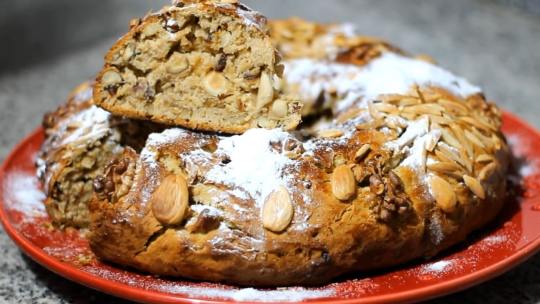
image source: https://www.receitasdeculinaria.tv/receita-do-bolo-rainha/
For the cool kids who don't like the fruit part of Bolo Rei - this one is literally just nuts. This is also supposed to look like a crown but I can't find any source saying what it's supposed to represent, so I think it's just Bolo Rei 2.0. This one wasn't that big of a thing when I was a kid but it's gained a lot of traction in the last 10 or so years.
Pão de Ló (trans: literally "Bread of Ló" / "Ló's Bread", I'll explain in a bit)
There are two versions of this one but I'm gonna talk about dry Pão de Ló first.
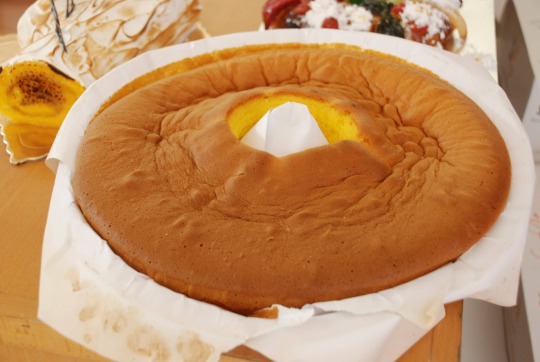
image source: https://www.receitasdatiaceu.com/recipe/pao-de-lo-tradicional/
This is my personal favourite - literally my favourite cake of all time. I have never met someone who does not have this as their favourite Christmas food. This is a type of sponge cake you eat on both Christmas and Easter, although it seems it was originally just for Easter. This is one of those you absolutely can't make at home unless you're literally crazy because it needs to be baked in a clay mould with sheets of paper and I've heard it requires 24 eggs per cake (tbh seems unrealistic but Portuguese pastry is like 80% eggs so it's not that outlandish, and I'm inclined to believe it bc I've tried like 3 different home-made recipes with normal amounts of eggs and it never tasted right). The origin of the name is basically impossible to find because every source I see claims a different story, but "Ló" seems to be the name of its original creator. Also, this cake was brought to Japan during the Discovery Period and it's allegedly the origin of a Japanese sponge cake named Kasutera.
Pão de Ló de Ovar (trans: Pão de Ló from Ovar)
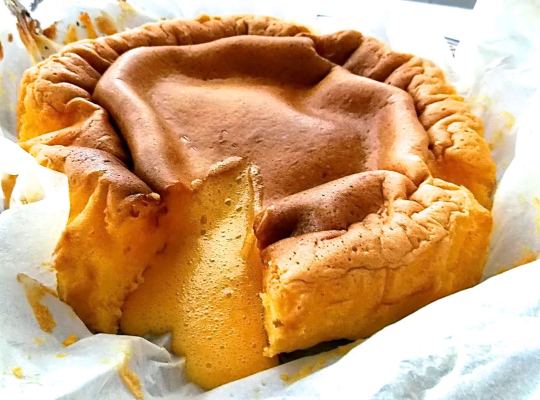
image source: https://iberismos.com/pao-lo-um-doce-com-muita-historia-iberica/?lang=pt-pt
Kinda like regular Pão de Ló but wet on the inside - the liquid-y part is egg. Its origins seem to be in conventual sweets (like, from a convent), which are known for using lots of eggs. But just like with its dry variant, there are a few different stories about it. Sometimes people argue about which variant is better, but it's really not that divisive. In fact, all the foods in this post often coexist at the Christmas table despite some being similar to each other.
Sonhos (trans: Dreams)
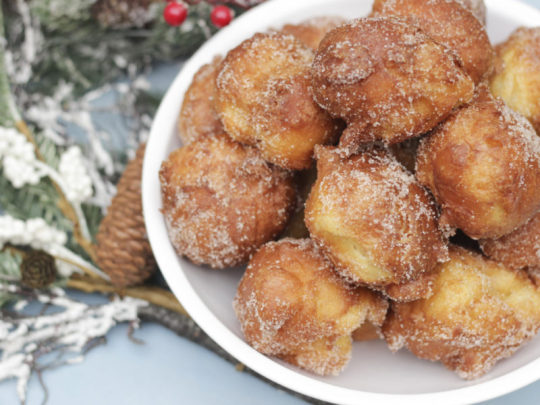
image source: https://claradesousa.pt/receita/sonhos-de-natal/
These are much simpler than the cakes. It's basically just fried dough topped with sugar (I've heard that Brazilians call them "chuvinha" aka "little rain" because of this, and I think that's kinda funny because most Portuguese sweets have sugar on top). This is kinda like a "base" because there are other sweets similar to it but with carrot or pumpkin on the inside, and I don't think there's much reason to get into them here - also I don't usually eat them. You can eat them dry or with syrup made with sugar, cinnamon and lemon/orange.
Rabanadas (no clue how to translate this bc google suggests "french toast" and I refuse to accept that)
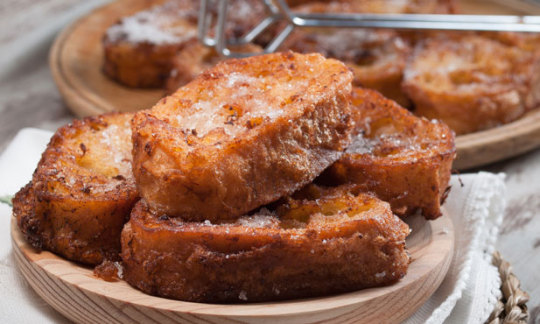
image source: https://www.pingodoce.pt/receitas/rabanadas/
This is a simple yet effective classic. It was originally made to utilize stale bread people had lying around (I've seen sources suggest it's because bread is sacred to Jesus even if it's stale and so it's bad to waste it). It's made with bread, honey or sugar, milk, and cinnamon, although I've seen people replace the milk and honey with condensed milk. It has been recorded since the 16th century, when it was used partially for medicinal purposes to help people regain their strength, especially after giving birth (which... thematically appropriate but it still surprised me when I found out).
I hope you had fun looking at all this tasty food - because I certainly did and this is my blog.
#i may also make a separate post on christmas food#like for dinner#but that's way more straightforward#also if i were to explain the Lore behind it it would involve briefly discussing Portugal's fascist dictatorship#and i don't want that in the post i made because i wanted to tell you about my favourite cake#the pão de ló thing is so real tho#the moment the holiday season ends you immediately start looking forward to Easter when you'll get to eat it again#also about the kasutera thing#it's the second time i've seen japanese sweets inspired by portuguese ones wtf#i am obviously aware of colonization but wtf dude#first pastel de nata and now pão de ló?? they have great taste. no notes.#if i sound like i know a lot about rabanadas it's bc i had to write an essay on them 2 weeks ago#not writing#portugal ramblies#christmas#portuguese cuisine#is that right?? it's the only tag related to it i can find#portuguese food
14 notes
·
View notes
Text
Don't forget who you are and what came before you. Be proud of your ancestors and of your history.
Deo, Patria, Familia
🇵🇹❤️
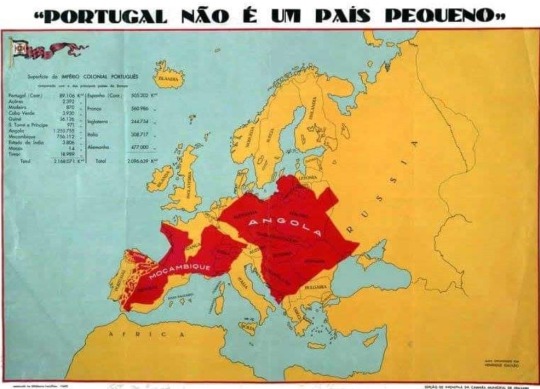
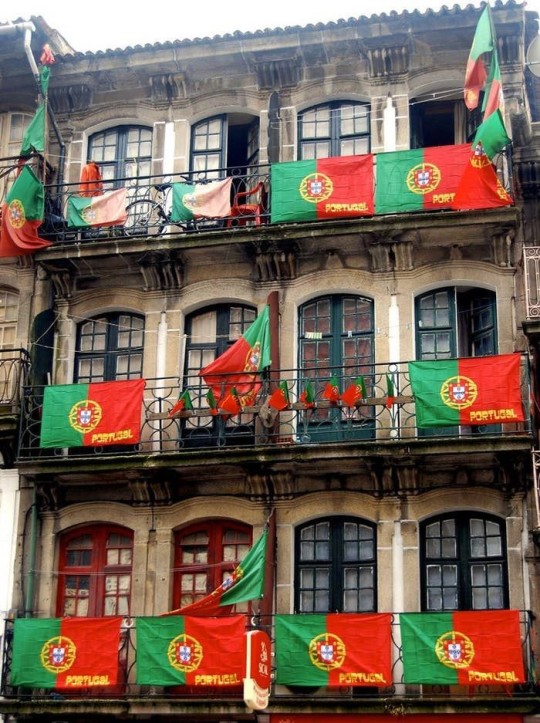
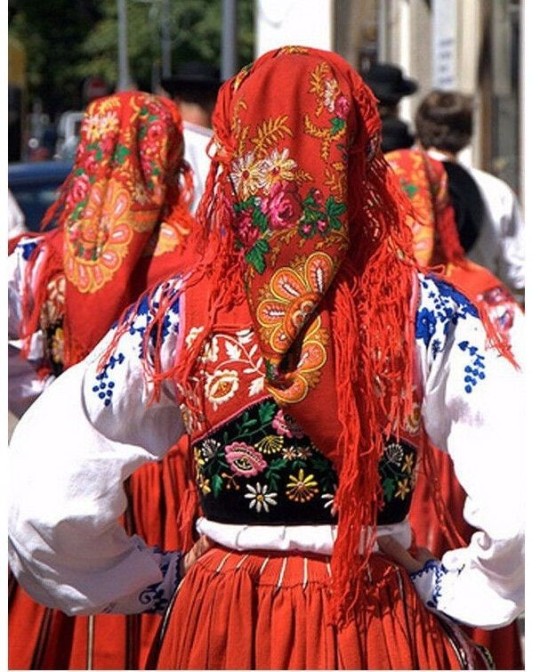
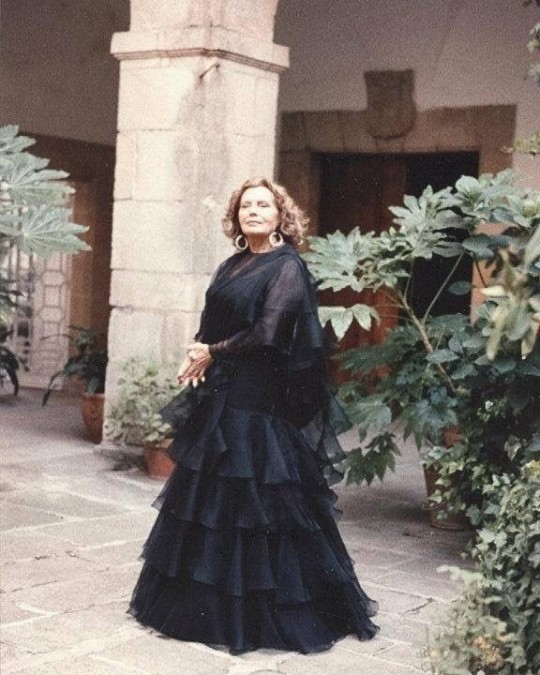
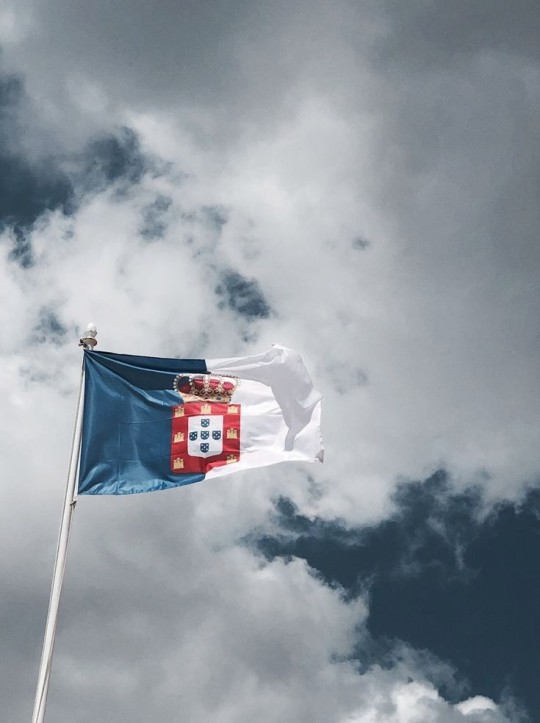
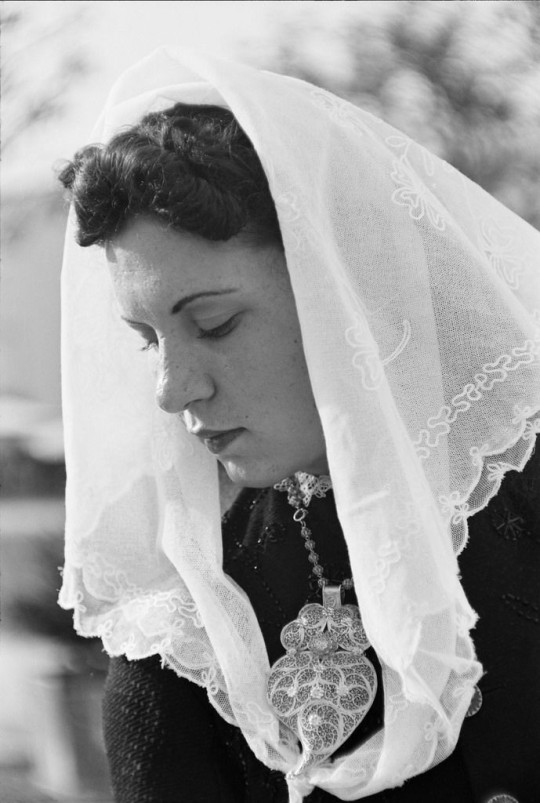
#conservative#tradition#homemaker#tradgirl#catholic#tradwife#50s#christian#mother#wife#estado novo#amália rodrigues#colonization#portuguese#portugal#português
8 notes
·
View notes
Text
leon being italian and luis being spanish like ....those are the two most likely and unlikely white euopean people to pair together, it makes them perfect.
who is more catholic out of the two? the only correct answer is luis, whereas leon is an agnostic ex catholic lmao
#now that i know leon is italian i need him to tan just like luis - they are both that kinda white#he has the capability too#can leon speak italian??#i doubt it#but if he can#that means he can actually understand spanish#and i specifically mean the european dialect that luis would speak#sorry but leon being italian and luis being Spanish does not help by European history hyperfixation#but tbh my leon is white passing his dad was the italian one is mom is not#if they find someone who is Portuguese they have the whole trio of catholics or colonizers pick your poison#i am just kidding i love these two#serrenedy#luis serra#leon s kennedy#they are going into my white boy category that i do nawt play about#like what do you mean leon isn't some normal white man from the midwest#what do you mean he's like luis#???#but ntm on them my boys aren't racist#in my personal hc#leon is actually not fully white he's like white passing#luis is the white one#but i digress
6 notes
·
View notes
Note
Not exactly related but now i'm interested in knowing how Is European and Brazillian Portuguese that different 😲
there’s a lot of ways actually! i’d assume it’s somewhat similar to how france french is different from quebec french.
the biggest difference is grammar-wise! from my understanding, portugal has a completely different ways to conjugate verb tenses. or, not conjugate them, i guess. brazilian portuguese is like english in the sense that, when speaking about an action, you tend to conjugate way more than just using the infinitive. so for example, if you said “i’m running” in BR portuguese, you’d say “estou correndo”. “correndo”, in this instance, is taken from the infinitive “to run”, which is “correr”. PT portuguese, however, prefers the infinitive, and will use it as much as possible. so they’d say something like “estou a correr”, without conjugation (note: i don’t know if correr is actually the same word, this is just an example).
other things include object pronouns (BR uses “a/o” before a verb to insinuate “it”; PT uses “-lo/-la” after a verb to insinuate “it”), and i could be wrong but i think they also have different versions of “you”? BR uses “vôce” and i THINK PT uses “tu”.
vocab changes a bit too! just enough to be noticeable, but not too much that reasonably, you could form a semi-decent conversathetion. some words are WILDLY different tho. the PT word for “girl” is “rapariga” . . . which means “prostitute” in BR. alongside that, there’s major differences in pronunciation of stuff, as well as some spelling differences!
#muse talk#quackcest#now i am not a Language Expert but that is what i know/remember!#a funny fact about this#PT is actually dying out in portugal rn amongst younger kids#as they’re largely learning portuguese from things such as youtube videos#and one of the BIGGEST youtubers over there amongst kids is. a brazilian youtuber#so the kids are learning BR instead of PT and boy are the colonizers ANGRY#it’s hilarious and also ties back to 9/11 in a domino effect kind of way#and i think that’s beautiful
25 notes
·
View notes
Text
someone gives you a portuguese pastry and it's like this better not be egg yolk with sugar shaped into a pastry. and they're like nooooo haha of course not this is totally different i swear. so you eat it. and it's egg yolk with sugar shaped into a pastry
#only colonization and colossal levels of self hatred can make portuguese pastries be so common in brasil i swear#that shit SUCKS. the only thing they did right was sonho and they couldn't even name it right they call it bola de creme#the most boring shittiest store bought maria mole is better than the most fancy portuguese pastry and that's that
2 notes
·
View notes
Text


GUESS WHO ARRIVED. Madeline is such a great writer??? it’s insane how much I cried reading tsoa, so i def had to grab this one too
#reading it in portuguese cause it ain’t no way im getting colonized/j#madeline miller#circe madeline miller#the song of achilles#zee.txt
7 notes
·
View notes
Text
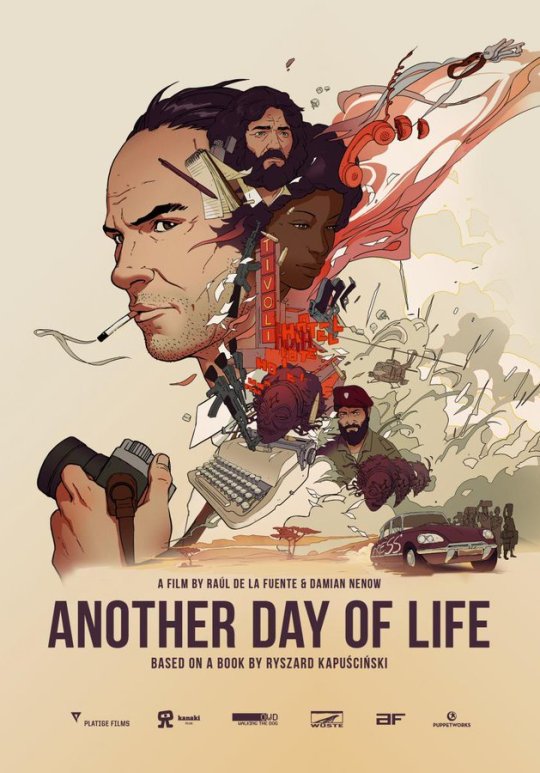
#Ryszard Kapuscinski#Angola#Raul De La Fuente#Damian Nenow#Animated Film#Operación Carlota#Cuban Revolution#Portuguese Colonization#António de Oliveira Salazar#African Liberation#photojournalism
2 notes
·
View notes
Text
Hey native spanish speakers, please help a curious brazilian out:
I know there are different dialects but, i'm asking because despite being very similar to eu portuguese and other colonized versions, brazilian portuguese still feels different enough that it could be considered a different language depending on who you ask, and I want to know whether other language speakers feel the same way and how much being an isolated country linguistically (it's the only portuguese speaker this side of the ocean) affects my worldview
#linguistics#latin america#portuguese#spanish#multilingual#colonization#brazil#colombia#argentina#chile#mexico#dominican republic#puerto rico#cuba#paraguay#bolivia#equador#venezuela#uruguai#peru#dont remember others theres just too many they're escaping me#south america#central america#forgot to tag spain oops
3 notes
·
View notes
Text
I'm saying this as a Spanish speaker but sometimes the way other Latines are like "LEAARN SPANISH OR UR NOT REALLY LATINE" is so *SHAKING YOU SHAKING YOU SHAKING YOU*
#like is it cool that we made Spanish into our own things across latam? yes#and i DO think its important for 2nd gen+ latins in English predominant countries to hold on to#because of assimilation especially assimilation that comes from shame and racism#but like also lol are we forgetting that technically spanish (and Portuguese) IS the language of colonizers osksksmdsksk#like i dont get hung up on being proud of being a spanish speaker for that reason#im just like cool i can speak spanish cause my parents do no biggy#like i know this is probably over thinking but like idk this has always bothered me skdnskdkks
4 notes
·
View notes
Text
Yes my favourite genres are metal and rock but i am also latina AND bisexual you know what that does to a person?
#and portuguese#at least shakira and xtina can do it all#but i will from from quim barreiros to metallica to lady gaga in a heartbeat like 🤷🏽♀️#also it is of my opinion that latinos are all ppl whose language comes from LATIN and not just latin america#latin america is called latin america bc of latin derived languages and colonization#if you have another opinion then that's fine but i don't want to discuss it#so just scroll past
2 notes
·
View notes
Text
had nando's for the first time a few days ago and it was pretty good actually, i was very pleased
#also up until now i thought it was brazilian lmfao#i be forgetting portugal exists and that it colonized other places#so if i see anything in portuguese i'm like oh yeah that's brazil#personal
4 notes
·
View notes
Text
just found out the ha/rry p/otter brazilian wizard school is named "wizardcastle" no space in portuguese but is supposedly the wizard school for the whole of latin america so like do they force the whole of latin america to speak portuguese instead of spanish or do they force the brazilians to learn spanish or they have duo language classes and they have the double amount of teachers and resources also why is it in portuguese instead of a native language what did the portuguese wizards do to the natives
#:/#hp //#why did the portuguese colonizers made a secret school in the amazon rainforest#instead of a place they can go without problem#eh
6 notes
·
View notes
Text
First of all english is not my first language. I turn the switch and your words mean nothing to me.
#it's portuguese#but not in the european colonizer bitch way#in the better more tropical way#I can understand spanish too if the man is hot enough#languages#bilingual#aqui é brasil#brasil#where is our gold bitch
1 note
·
View note